Educator Voices from This Course
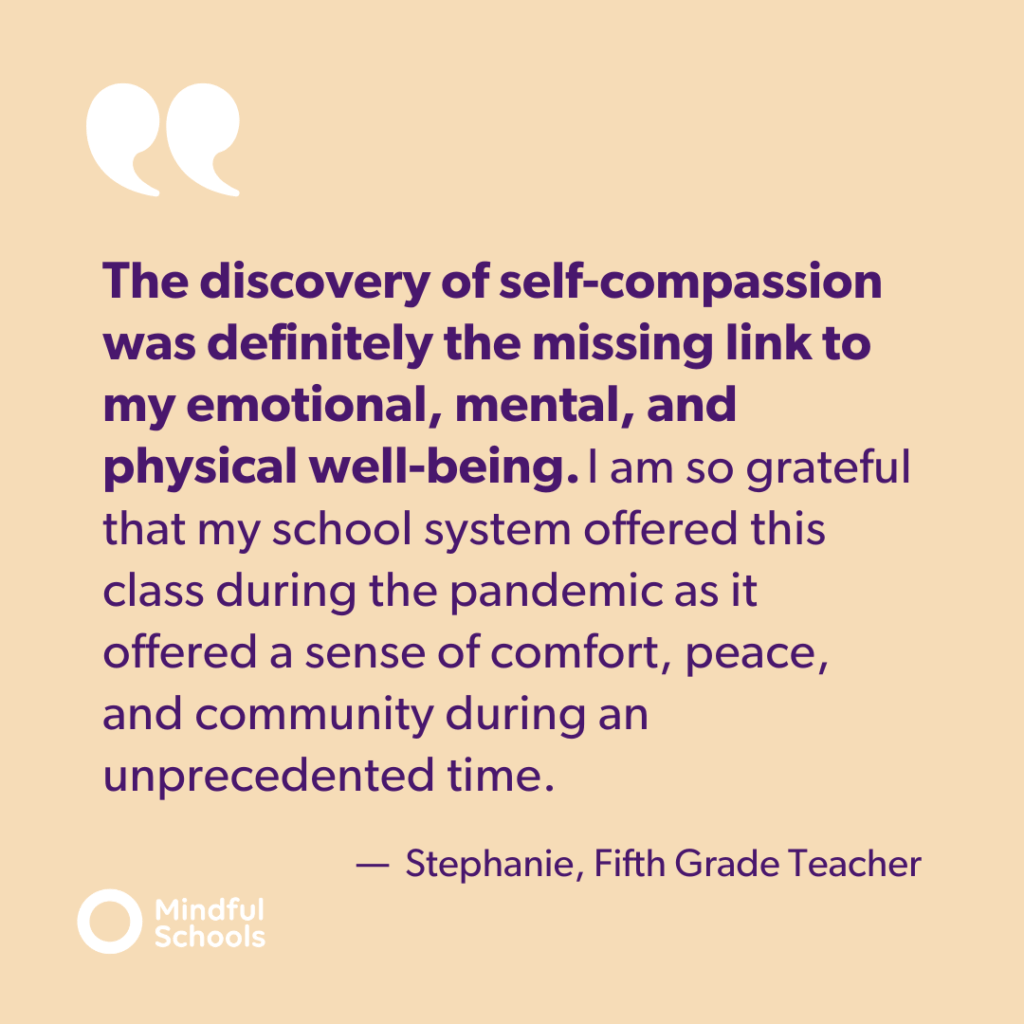
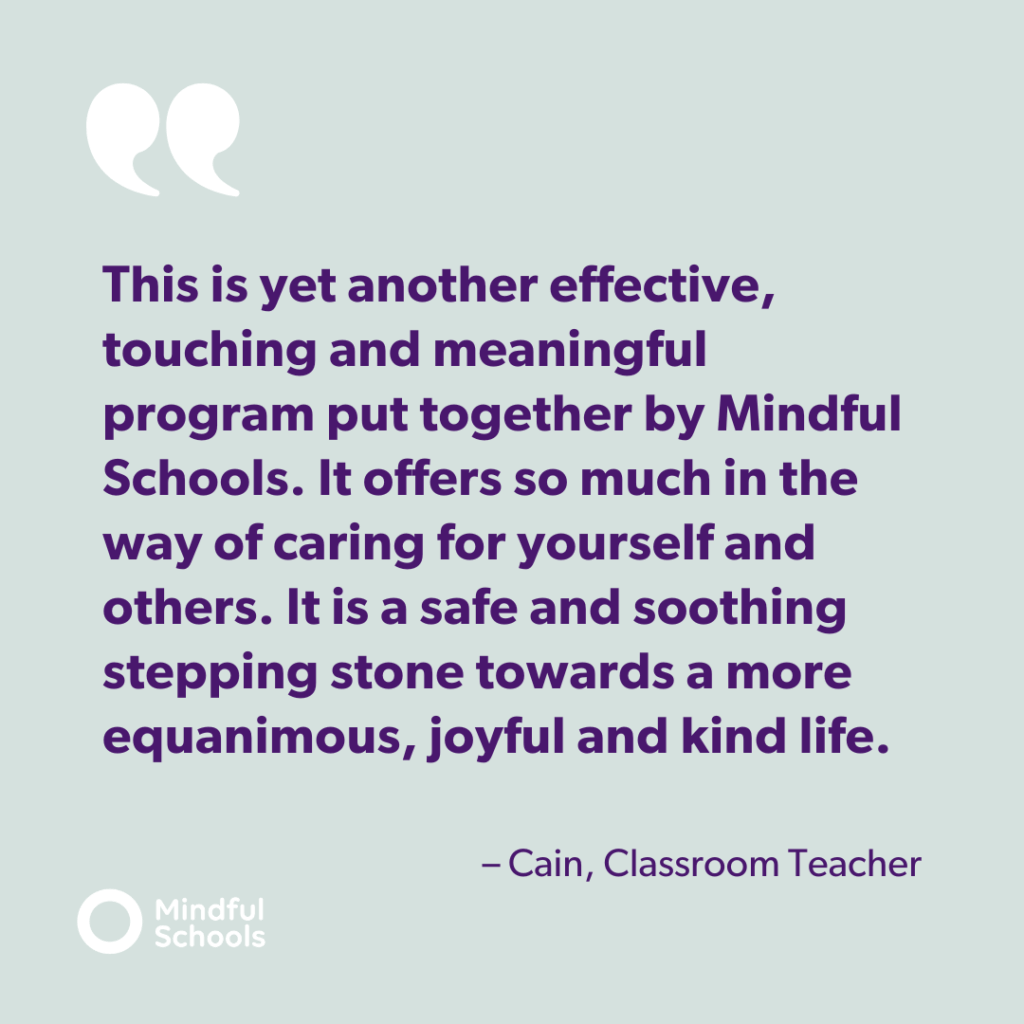
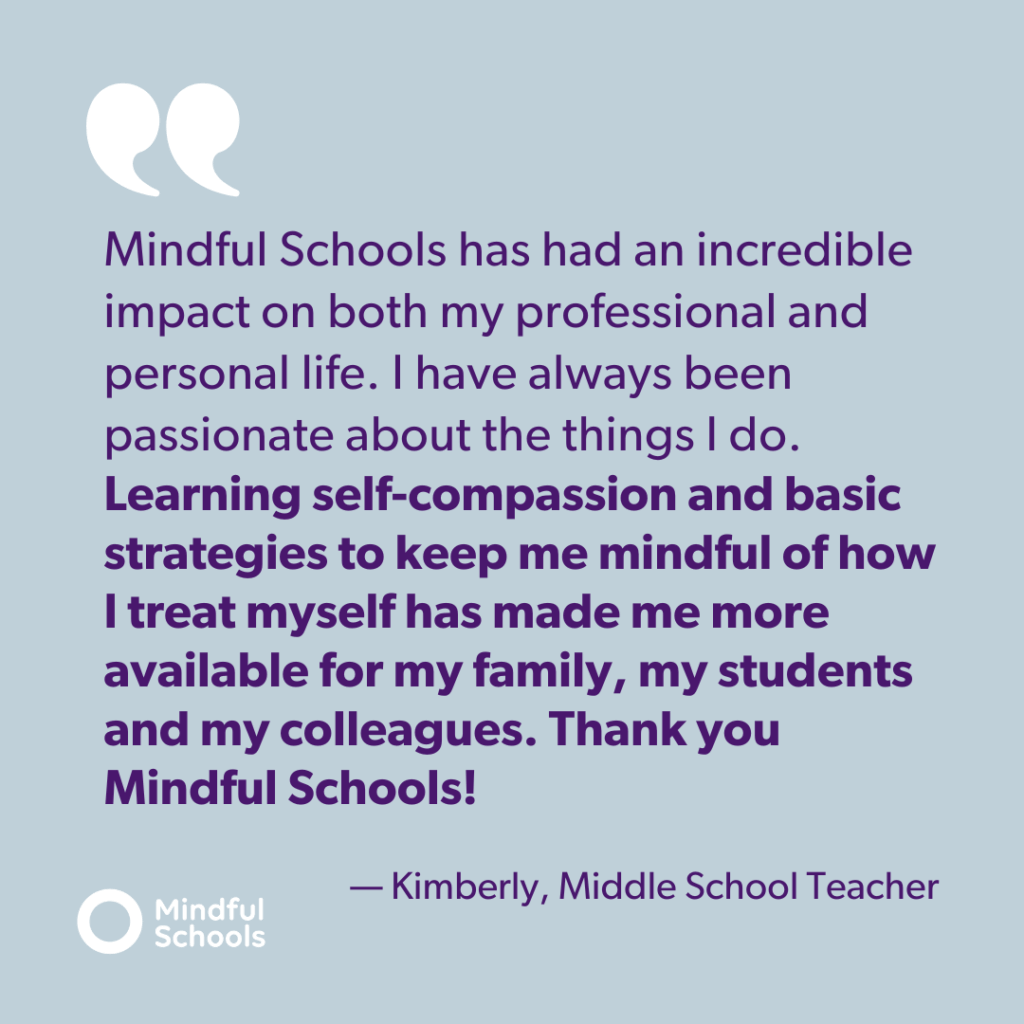
About This Course
Time to Complete: 15 hours. Expect to dedicate 2 to 3 hours per week over 6 weeks.
3 Live Sessions: This course includes three 1-hour live calls, guided by our faculty.
Instruction + Resources: Learn via instructional and demo videos, guided audio, reading, course activities.
Respected Credentials: Earn a Certificate of Completion from a recognized training organization. Educators may apply for graduate credits.
Mindful Schools has partnered with the Center for Mindful Self-Compassion (CMSC) to offer this training designed specifically for educators.
Kristin Neff, Ph.D. – researcher, author, and professor widely recognized as one of the world’s leading experts on self-compassion – is the lead instructor in this course.
This training is designed for educators to dive into the research, practice, and experience of self-compassion. Enhance your well-being and revitalize your deep motivation for helping others.
Next Session Begins
COURSE COST: $295
Why Self-Compassion?
Our brains are wired for survival and have a natural tendency, or negativity bias, to focus on and be motivated by negative thought patterns like criticism, pain, and danger.
This self-compassion training helps educators understand and transform these habitual responses, and develop the ability to motivate with compassion rather than self-criticism.
The science shows – and through our work we can see – that self-compassion has a significant positive impact on educator well-being, resilience, and stress management.
Practicing self-compassion involves taking action and making positive changes in our lives, and through this process, we see educators reconnecting with their deep motivation and excitement for helping others.
Course Outcomes
- Understand the research supporting self-compassion
- Learn and practice techniques to reduce educator and caregiver fatigue
- Respond to negative thought patterns with self-kindness
- Utilize compassion as a motivation rather than self-criticism
- Apply strategies to transform difficult relationships
- Develop an open heart and resilience through self-appreciation
- Integrate core practices into daily life
What You’ll Learn
Week 1
What Is Self-Compassion?
- Definitions, Theory and Research
- Problems with Self-Esteem (sample video)
- Physiology of Self-Compassion
Watch a Sneak Peek: Problems with Self-Esteem
Week 2
Practicing Self-Compassion
- The Paradox of Self-Compassion
- Mindfulness in Daily Life
Week 3
Discovering Your Compassionate Voice
- Self-Criticism and Safety
- Motivating with Compassion
Week 4
Self-Compassion and Building Resilience
- Strategies for Working with Difficult Emotions
Week 5
Self-Compassion, Burnout and Caregiver Fatigue
- Caregiver Fatigue
- Compassion with Equanimity
Week 6
The Art of Savoring and Self-Appreciation
- Negativity Bias, Savoring and Gratitude
- Gratitude for Small Things
- Appreciating our Good Qualities
- Core Values for Educators
- Continuing the Practice and Next Steps
Graduate Credits
Upon completing this training, educators may apply for and receive graduate level credits. Details
Who Is This For?
This training is designed for educators, caregivers, and those who work in service of youth. There is no prerequisite or prior experience required for this course. Both beginners and those with significant mindfulness experience find this training deeply impactful.
Self-Compassion for Educators
Next Session Begins
This course includes three Live Sessions to engage with the faculty and fellow educators around questions arising in your practice and in the course.
Mindful Schools Training Path

Explore your personal and professional growth path through Mindful Schools’ core training (101 and 201), elective courses (Self-Compassion and Mindful Communication), interactive workshops, retreats, and ongoing practice support. Together, we can build trauma-sensitive, equitable, and resilient schools where students and educators can thrive.
More Educator Voices from This Course
“Mindful Schools has had an incredible impact on both my professional and personal life. I have always been passionate about the things I do. However, sometimes that passion got in the way of my productivity because I felt so burned out. Learning self-compassion and basic strategies to keep me mindful of how I treat myself has made me more available for my family, my students and my colleagues. Thank you Mindful Schools!” – Ms. Kimberly, Middle School Teacher, Pennsylvania
“This was a helpful, practical, enlightening course and I highly recommend it for anyone in the education profession who is looking for ways to take good care of him/herself. I plan on putting into practice several of the techniques that I discovered during this 6 week course and share what I have learned with others.” – Gabriel, Math Teacher, Wellness Committee Chair, Atlanta, GA
“This course was life-changing for me. I had practiced mindfulness previously and it is indeed powerful, but mindfulness with self-compassion was something I’d not experienced until this course. The discovery of self-compassion was definitely the missing link to my emotional, mental, and physical well-being. I am so grateful that my school system offered this class during the pandemic as it offered a sense of comfort, peace, and community during an unprecedented time.” – Stephanie, Fifth Grade Teacher, Winchester, MA
“Life affirming and life changing… Connected me back to others and most importantly to myself. I have hope, meaning, and connection.” – Kim, School Adjustment Counselor, New Bedford School District
“If you find that the biggest bully in your classroom is your own inner critic, mindful self-compassion can help. I’ve used this powerful practice to stay calm and regulate my own emotions, which in turn allows me to help my students de-escalate and co-regulate during challenging moments. I believe mindful self-compassion is one of the most effective tools available to offset the burnout that causes teacher attrition.” – Anne, IB Language Acquisition Teacher, Chicago Public Schools
“This is yet another effective, touching and meaningful program put together by Mindful Schools. It offers so much in the way of caring for yourself and others. It is a safe and soothing stepping stone towards a more equanimous, joyful and kind life.” – Cain, Classroom Teacher, Australia
“I am not a teacher, but a parent of teen girls. The more I practice self compassion the more I am available for them, create a container where they feel seen and heard and model skill of self compassion they are learning to practice for themselves.” – Suzy, Parent
Meet Your Lead Teachers

Kristin Neff, PhD is co-founder of the Center for Mindful Self-Compassion and co-developer of Mindful Self-Compassion. She is Associate Professor in the Educational Psychology Dept. at the University of Texas at Austin. She is a pioneer in the field of self-compassion research, being the first person to operationally define and measure the construct. She has published widely including numerous academic articles and book chapters, as well as the bestselling books Self-Compassion: The Proven Power of Being Kind to Yourself, The Mindful Self-Compassion Workbook, and Teaching the Mindful Self-Compassion Program. Kristin’s work has received extensive coverage in the popular press, including The New York Times, MSNBC, Scientific American, Psychology Today, and many others. She is also a frequent guest on shows such as the BBC Women’s Hour and Dan Harris’s 10% Happier podcast. Kristin gives talks on self-compassion and leads MSC workshops around the world.
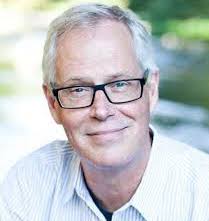
Christopher Germer, PhD is a co-developer of the Mindful Self-Compassion program and a co-founder of the Center for Mindful Self-Compassion. He is the author of the popular book, The Mindful Path to Self-Compassion, and co-author (with Kristin Neff) of the professional text, Teaching the Mindful Self-Compassion Program, and The Mindful Self-Compassion Workbook. Chris is an MSC Teacher Trainer and leads MSC intensives and workshops around the world.Chris is also a clinical psychologist and lecturer on psychiatry (part-time) at Harvard Medical School. Chris has been integrating the principles and practices of meditation into psychotherapy since 1978. He has co-edited two influential volumes – Mindfulness and Psychotherapy, and Wisdom and Compassion in Psychotherapy – and he is a founding faculty member of both the Institute for Meditation and Psychotherapy and the Center for Mindfulness and Compassion, Cambridge Health Alliance, Harvard Medical School. Chris maintains a small private practice in Arlington, Massachusetts, USA, specializing in mindfulness and compassion-based psychotherapy.
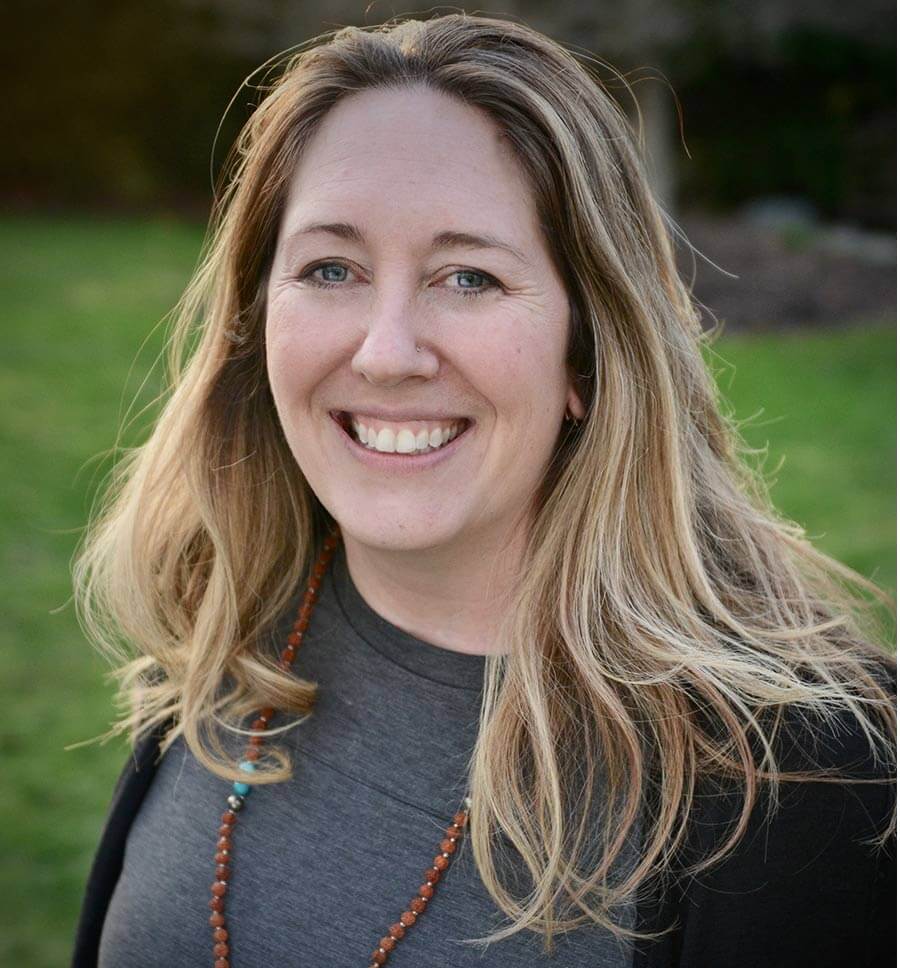
Lisa Baylis is a High School Counselor and leader in positive education and mindfulness in schools. Lisa has been sharing wellbeing strategies for the last 20 years as an instructor, a counselor, a facilitator, and a mother. Lisa has a master’s degree in Counselling Psychology and a bachelor’s degree in Physical Education. She has taught internationally and locally. Much of her vast teaching experience was gained in classrooms across Canada’s British Columbia — from Fort St. John to the Comox Valley. Trained by mindful self-compassion pioneers Chris Germer and Kristin Neff, Lisa is also a trained Mindful Self-Compassion teacher. No matter the setting — classroom, counselling session, or teacher development — Lisa incorporates concepts of positive psychology, self-compassion, and mindfulness.
Course Contributors
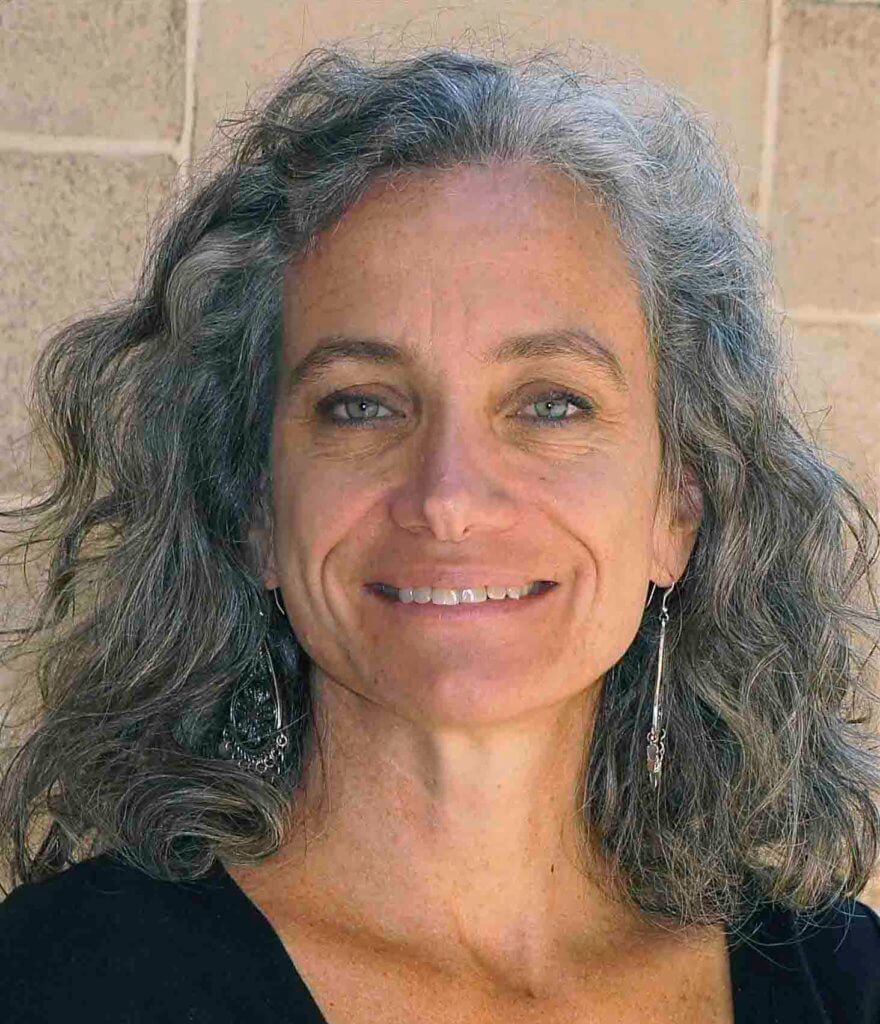
Karen Bluth, PhD, is an Assistant Professor in the Department of Psychiatry at the University of North Carolina, Chapel Hill. A lifelong educator with 18 years of classroom experience, Karen is also a mindfulness and self-compassion teacher, and has been a mindfulness practitioner for over 40 years. Karen’s research focuses on the roles that self-compassion and mindfulness play in promoting well-being in adolescents. She is co-creator of the curriculum Making Friends with Yourself: A Mindful Self-Compassion Program for Teens, the teen adaptation of Mindful Self-Compassion for adults, and travels internationally to train teachers to teach this curriculum. She is also author of the book The Self-Compassion Workbook for Teens: Mindfulness and Compassion Skills to Overcome Self-Criticism and Embrace Who You Are.
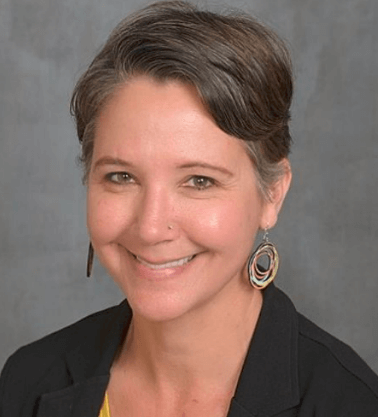
Megan Sweet, EdD, is an experienced Network Lead with a demonstrated history of working in the educational management industry. She is skilled in Educational Consulting, Lesson Planning, Educational Technology, Instructional Design, and Curriculum Development. Megan has experience as a school teacher, school district administrator, and a leader in school transformation. She is the author of An Educator’s Guide for Using Your 3 Eyes and is the host of a nationally-syndicated radio show The Awakening Educator.
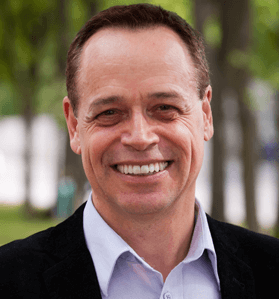
Wayne Serebrin, PhD, is an award-winning teacher with 30 years of experience as an Education professor at the University of Manitoba in Winnipeg, Manitoba, Canada. He is best known for his collaborative work with teachers, youth and children in local school districts. He recently launched a Contemplative Studies MEd specialization in the Department of Curriculum, Teaching & Learning, and is developing related courses at the BEd and post-baccalaureate levels. His current teaching, research and service efforts are focused on: compassion cultivation; mindfulness and self-compassion; nonviolent communication; anti-oppressive pedagogies (social- and eco-justice); Indigenous teaching and learning perspectives and decolonization; and compassion-based social, emotional and ethical learning pedagogies that critically integrate student identities, engagement and well-being.
